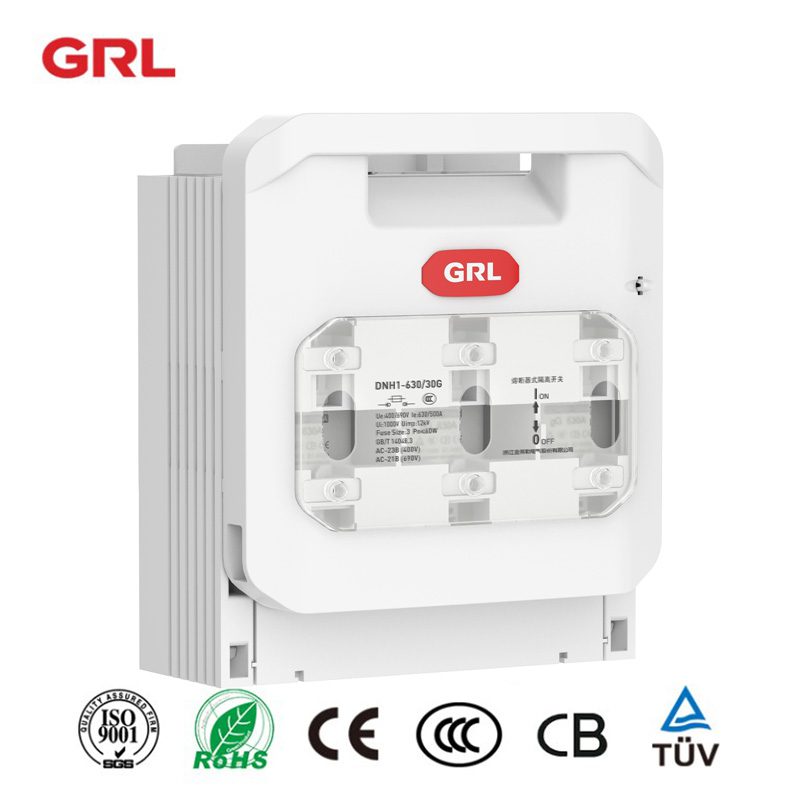
# Fuse Isolator: Essential Protection for Electrical Circuits
## What is a Fuse Isolator?
A fuse isolator is a crucial component in electrical systems that combines the functions of a fuse and an isolator switch. This dual-purpose device provides both circuit protection and a means to safely disconnect electrical equipment for maintenance or repair.
## How Does a Fuse Isolator Work?
The fuse isolator operates through two primary mechanisms:
– Protection: The fuse element melts when current exceeds safe levels, breaking the circuit
– Isolation: The switch mechanism allows manual disconnection of the circuit when needed
## Key Features of Fuse Isolators
Modern fuse isolators offer several important characteristics:
– Visible isolation gap for safety verification
– Lockable operation to prevent accidental reconnection
– Clear indication of fuse status
– Robust construction for long service life
– Compliance with international safety standards
## Applications of Fuse Isolators
Fuse isolators find use in various electrical installations:
– Industrial control panels
– Commercial building electrical systems
– Power distribution networks
– Motor control circuits
– Renewable energy systems
## Benefits of Using Fuse Isolators
The advantages of incorporating fuse isolators in electrical systems include:
– Enhanced safety for maintenance personnel
– Simplified circuit protection and isolation
– Cost-effective solution compared to separate components
Keyword: Fuse Isolator
– Reduced space requirements in electrical enclosures
– Improved system reliability
## Installation Considerations
When installing fuse isolators, professionals should consider:
– Proper current rating selection
– Correct voltage rating for the application
– Appropriate mounting method
– Adequate ventilation
– Compliance with local electrical codes
## Maintenance Tips
To ensure optimal performance:
– Regularly inspect for signs of wear or damage
– Check tightness of connections periodically
– Verify proper operation of the isolation mechanism
– Replace fuses with identical ratings when needed
– Keep the device clean and free from dust accumulation
## Choosing the Right Fuse Isolator
Selecting the appropriate fuse isolator involves evaluating:
– Current and voltage requirements
– Environmental conditions
– Space constraints
– Required safety features
– Compatibility with existing equipment
Fuse isolators serve as vital components in electrical protection systems, offering both safety and convenience. Their dual functionality makes them indispensable in modern electrical installations, providing reliable circuit protection while enabling safe maintenance procedures.